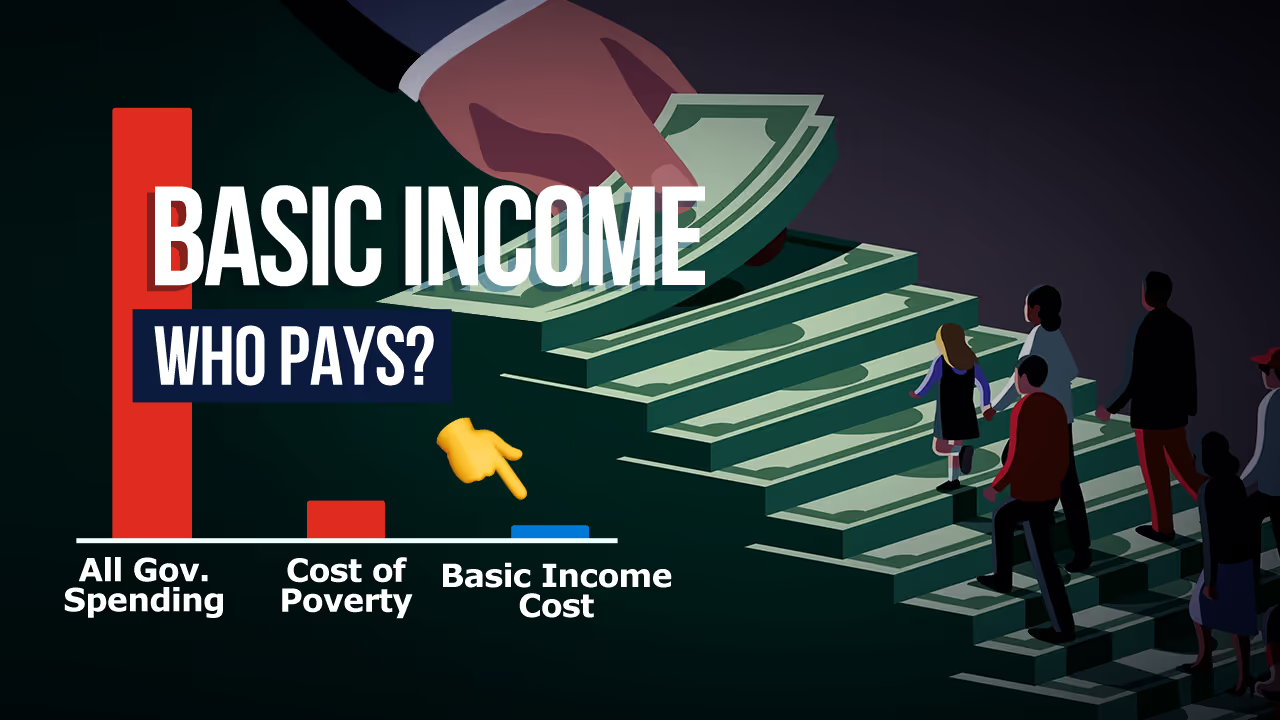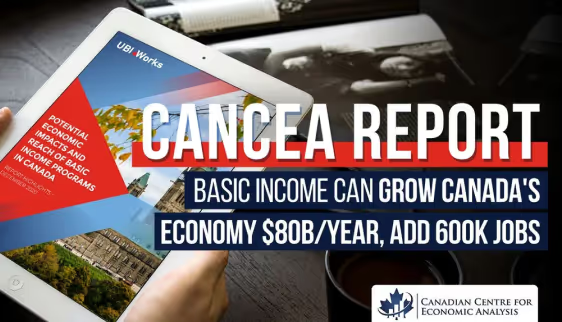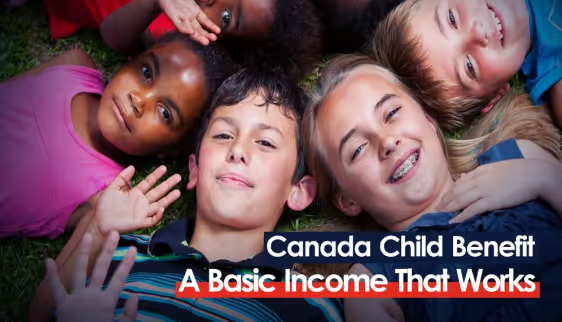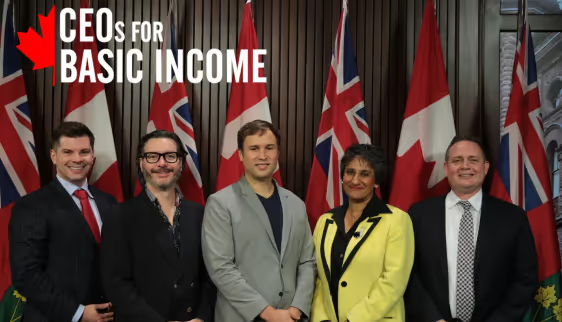Last updated: November 11, 2025
"Whereas every person should have access to a livable basic income…
The Minister must develop a national framework for the implementation of a guaranteed livable basic income program throughout Canada”
If passed, this law would require the Minister of Finance, within one year, to create a Canada-wide framework for the implementation of a Guaranteed Livable Basic Income. Simply put, this means that the federal government would need to put together the standards and plan from which it, along with the other levels of government, could create unconditional Basic Incomes in their jurisdictions.
.svg)
What won't Bill S-206 do?
This bill does not detail how the GLBI would work, precisely who would get it, or how much it would cost and be paid for. What they do require is for the government to take the first crucial step to convene all the necessary stakeholders, hash out the many complicated issues, and make an actual plan so that provinces, territories and the federal government can move forward together and create a Basic Income.
Like Bill C-273 before it, Bill S-206 is limited in what it can force the government to do. In our system, only the government is allowed to raise taxes and spend money, so only the government is able to actually create a Basic Income.
What’s the difference between these and previous Bills and Motions?
Like Bill C-273 and Motion 46 before it, this bill aims to pressure, or otherwise require, the government to formally start investigating and determining how a Basic Income should work and be implemented in Canada. However, neither of these two previous legislative attempts was passed: Motion 46 was defeated and Bill C-273 was not brought to a vote before Parliament ended because of an election.
The differences between these pieces of legislation include: specifying who would qualify for a Basic Income, who must be consulted about creating these plans, and the timelines for doing so.
As an update to S-233 and C-223, S-206 includes some very moderate changes including: expanding the scope and nature of the consultations that should inform the drafting of the framework, reiterating the jurisdictional responsibilities of provincial and Indigenous governments, and omitting the requirement that the framework include temporary workers, permanent residents, and refugee claimants.
In our opinion, Bill S-206 has two key features. First, it recognize that Basic Income is not, in and of itself, a total solution to poverty and therefore requires that it be complimented by national standards for health and social supports that would work alongside the program. Second, it explicitly forbids the introduction of a Basic Income causing a reduction in the services or benefits people are receiving as part of exceptional health or disability programs.
.svg)

Bills S-206 is introduced in the House of Commons and Senate.
.svg)

The bill is debated and voted on whether to bring it to committee.
.svg)

The bill is sent to committee, where it may be revised and amended with the help of testimonies from experts.

The committee sends the bill back to the House of Commons / Senate where all MPs / Senators can debate it and suggest more changes.

The bill is debated one last time and then voted on. If it receives 50% + 1 vote, it is sent to the House.

Once the Senate passes a bill it is sent to the House of Commons where the entire process will repeat with the elected Members of the House.

The Governor General signs the bill into law!


.avif)
.avif)



%201.jpg)